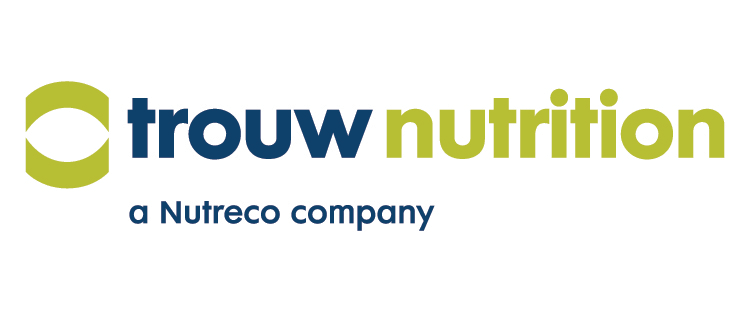
Agrilife24.com:6 December 2022, Food System in Dhaka,–Dhaka’s fresh markets are estimated to generate in excess of 5 000 tonnes of organic matter every day but what is thrown away as waste could be put to good use and prove a valuable and renewable source of energy.
Bio-digesters could generate biogas from the huge amount of urban food waste. Biogas is a mixture of gases from raw materials such as agricultural waste, manure, municipal waste, plant material, sewage, green waste, and food waste.
Around 100 participants from government departments, city corporations, development organizations, fresh market committees, and the private sector, joined a national dialogue today to discuss this innovative investment opportunity.

The dialogue, held at the Department of Public Health Engineering, was organized by the Dhaka Food System (DFS) project of the Food and Agriculture Organization of the United Nations (FAO), funded by the Embassy of the Kingdom of the Netherlands. The Chief Guest was Selim Reza, CEO of Dhaka North City Corporation. Experts from FAO, as well as Wageningen University & Research in the Netherlands, made keynote presentations. These included lessons learned from energy production in markets gained from a study tour earlier this year to Bangkok and Melbourne.
Xavier Bouan, the project’s Senior Technical Adviser, said: “The amount of waste generated increases every day due to population growth and urban expansion. To increase the limited available lifespan of existing landfills, it is essential to promote the recycling of food-related waste, which comprises a significant portion of municipal waste.” He added: “Organic waste and inorganic waste are discharged separately from fresh markets, restaurants, and hotels. Organic waste can be used as a raw material for composting and biogas production and can be collected relatively easily.”

Dhaka North City Corporation (DNCC) and Dhaka South City Corporation (DSCC) produce 2.7 to 2.9 million tonnes of waste yearly, according to the Ministry of Local Government, Rural Development and Cooperatives. About 70 percent of the waste is food-related organic waste.
The FAO project aims to reduce the city’s food loss and waste. Recently, FAO observed the International Day of Awareness of Food Loss and Waste by organizing a consultation meeting in collaboration with DNCC; the Hotel, Guesthouse & Restaurant Owner's Association of Bangladesh; and food delivery services. The project is training officials at 130 fresh markets across the four city corporations (Dhaka North, Dhaka South, Gazipur, Narayanganj) on food safety, food loss and waste reduction, food handling, waste management, and waste segregation. In addition, the project will provide 370 bins to ten model fresh markets in a bid to promote waste segregation.
Black Soldier Flies
Another alternative method for waste disposal is using black soldier flies (Hermetia illucens). FAO is piloting this option with Sher-e-Banlga Agricultural University. Black soldier fly larvae feed voraciously on various types of organic waste, including food waste, agro-industrial by-products, and chicken and dairy manure. They reduce the initial weight of the organic waste by about 50 per cent in a shorter period than conventional composting. Black soldier fly larvae have been proven to convert organic waste into high-quality nutrients for pet foods, fish and poultry feeds, residue fertilizer, and pet food. These flies can be grown on various types of organic waste, including food and vegetable market waste. The production of insect-based animal feed can contribute to a more resilient and sustainable food system in Dhaka.





















